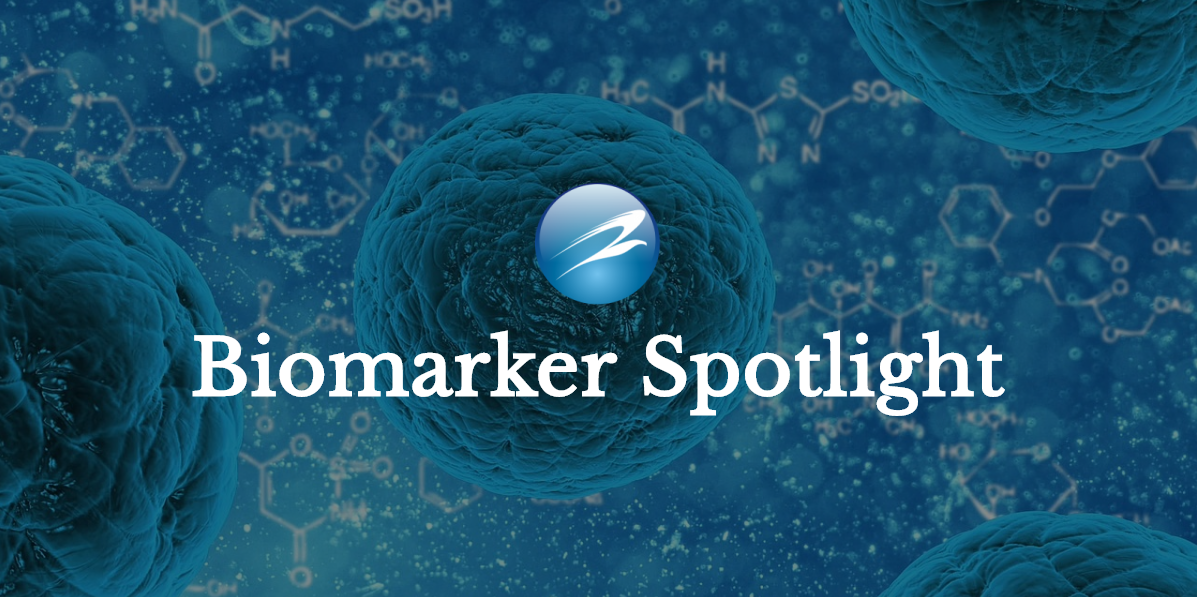
The Secretory Leukocyte Peptidase Inhibitor Protein (SLPI) is a secreted inhibitor that protects epithelial tissues from serine proteases. It is found in various secretions including seminal plasma, cervical mucus, and bronchial secretions, and has an affinity for trypsin, leukocyte elastase, and cathepsin G. Its inhibitory effect contributes to the immune response by protecting epithelial surfaces from attack by endogenous proteolytic enzymes. The SLPI protein is also thought to have broad-spectrum antibiotic activity.
SLPI has been known by many names, including Antileukoproteinase protein, ALP Protein, ALK1 protein, BLPI protein, HUSI protein, HUSI-I protein, MPI protein, WAP4 protein, WFDC4 protein.
A study was published from Acta Biomaterialia, on oral junctional epithelium for surface-mediated soft tissue attachment to prevent failure of percutaneous devices. Check out the full text article here.
Abstract
Teeth, long-lasting percutaneous organs, feature soft tissue attachment through adhesive structures, hemidesmosomes, in the junctional epithelium basement membrane adjacent to teeth. This soft tissue attachment prevents bacterial infection of the tooth despite the rich – and harsh – microbial composition of the oral cavity. Conversely, millions of percutaneous devices (catheters, dental, and orthopedic implants) fail from infection yearly. Standard of care antibiotic usage fuels antimicrobial resistance and is frequently ineffective. Infection prevention strategies, like for dental implants, have failed in generating durable soft tissue adhesion – like that seen with the tooth – to prevent bacterial colonization at the tissue-device interface. Here, inspired by the impervious natural attachment of the junctional epithelium to teeth, we synthesized four cell adhesion peptide (CAPs) nanocoatings, derived from basement membranes, to promote percutaneous device soft tissue attachment. The two leading nanocoatings upregulated integrin-mediated hemidesmosomes, selectively increased keratinocyte proliferation compared to fibroblasts, which cannot form hemidesmosomes, and expression of junctional epithelium adhesive markers. CAP nanocoatings displayed marked durability under simulated clinical conditions and the top performer CAP nanocoating was validated in a percutaneous implant murine model. Basement membrane CAP nanocoatings, inspired by the tooth and junctional epithelium, may provide an alternative anti-infective strategy for percutaneous devices to mitigate the worldwide threat of antimicrobial resistance.
About the SLPI Protein ELISA Assay
- Sample Size – 50 µL
- Sample Type – Serum
- Incubation Time – 2.5 hours
If you have any questions about this product or our other offerings, contact us here.
